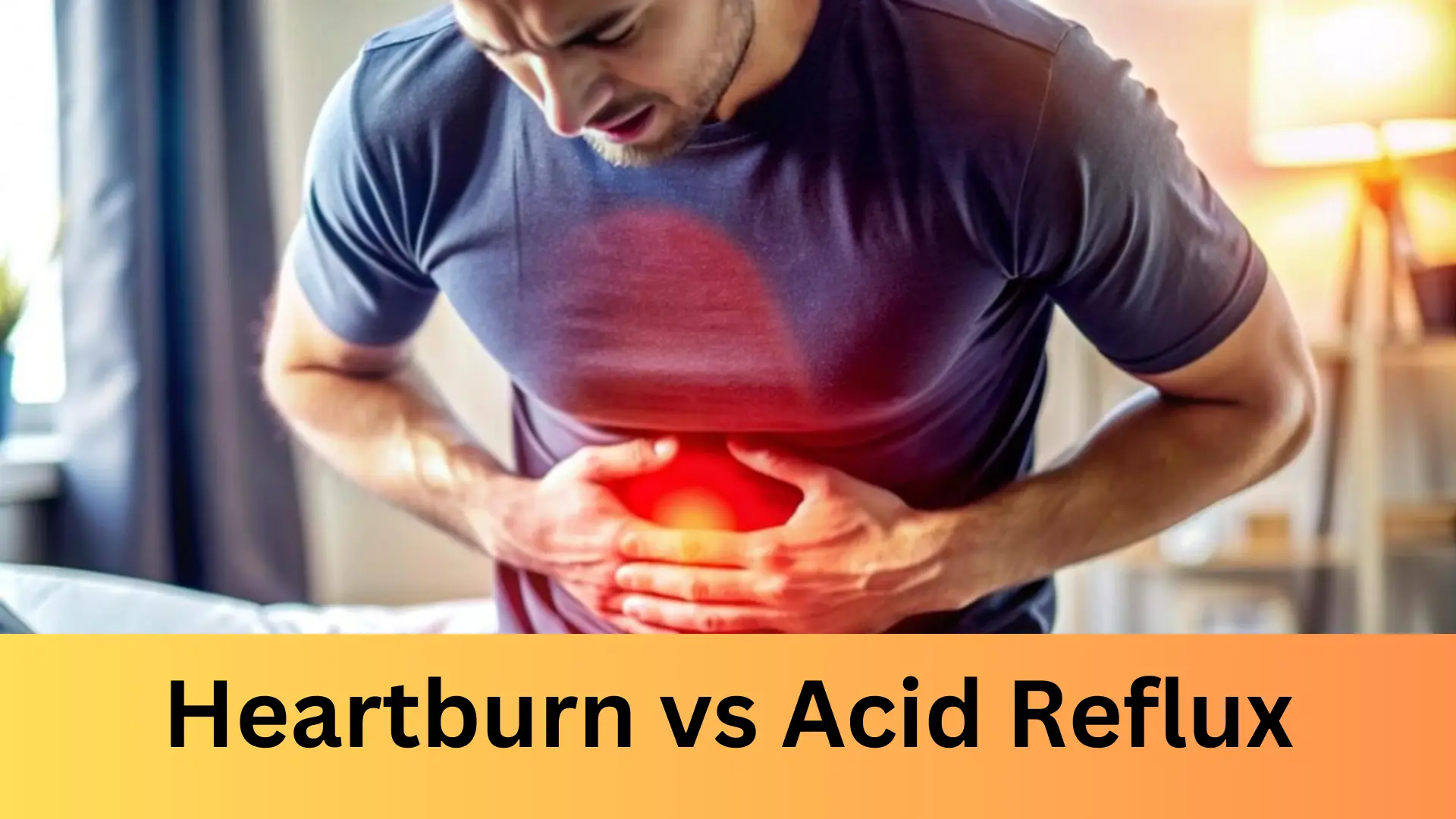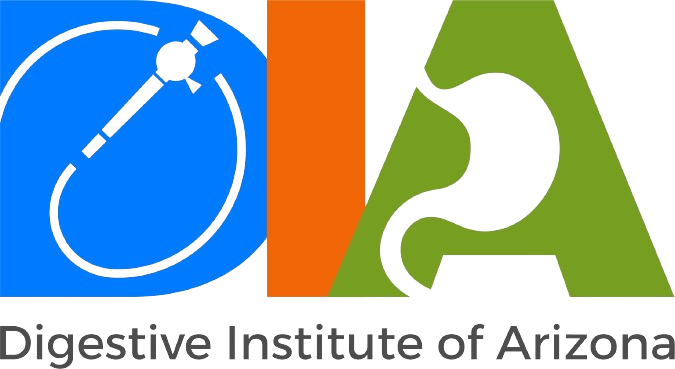
Heartburn vs Acid Reflux: Understanding the Difference
January 24, 2025
Many of us are familiar with a burning sensation in our chest after a meal. Is it heartburn vs acid reflux, or indigestion causing this uncontrollable feeling? While these terms can be used interchangeably, they hold different meanings and treatment options.
Acid reflux occurs when our stomach content moves back to the esophagus, the long tube that carries food from our mouth to the stomach. In case of frequent episodes of acid reflux, the condition is called gastroesophageal reflux disease (GERD). And heartburn can be known as a symptom of GERD and acid reflux. Whether it’s a one-time flare or a frequent struggle, understanding the root of the discomfort can make all the difference. In this piece, we will explore the difference between heartburn and acid reflux and ways to treat it.
What is Heartburn?
Heartburn is a symptom of acid reflux and not a condition itself. It refers to the burning sensation felt in the chest, often after eating or lying down. The pain can range from mild discomfort to severe burning which can seem like a heart stroke.
There are several lifestyle factors and eating habits that can cause heartburn. Intake of certain foods and drinks, known as triggers, include overly spicy foods, high caffeine, excessive sugar, and alcohol. Additionally, pregnancy, smoking, high stress, and being overweight can be major reasons for heartburn.
How Heartburn Feels
- Burning pain behind the breastbone
- Pain when bending over or lying flat
- A bitter taste in the mouth
What is Acid Reflux?
Acid reflux occurs when stomach acid flows back into the esophagus, the tube connecting our throat with the stomach. This backwash of acid irritates the lining of the esophagus, leading to uncomfortable symptoms. Acid reflux is a broader condition that can occur occasionally.
Common Symptoms of Acid Reflux
- A burning sensation in the chest
- Regurgitation of food or sour liquid
- Difficulty swallowing
- A lump-in-the-throat feeling
- Coughing, especially in the morning
How to Manage Acid Reflux vs Heartburn?
Acid reflux and heartburn can be managed with simple lifestyle adjustments and over-the-counter remedies. Below we have shared a few suggestions to help manage acid reflux and heartburn symptoms:
Dietary Adjustments
- Avoid trigger foods like caffeine, citrus, and spicy dishes.
- Eat smaller, frequent meals to reduce stomach pressure.
- Avoid eating 2-3 hours before bedtime.
Lifestyle Changes
- Maintain a healthy weight to decrease abdominal pressure.
- Quit smoking, as it weakens the lower esophageal sphincter (LES).
- Elevate the head of your bed to prevent acid from flowing back.
- Follow a healthy diet with regular workouts.
- Wear comfortable-fitting clothing.
- Practice stress management techniques.
- Drink plenty of water throughout the day.
Medications
- Antacids: To neutralize stomach acid for quick relief.
- H2 Blockers: To reduce acid production in the stomach.
- Proton Pump Inhibitors (PPIs): For long-lasting reduction of acid production.
Medical Treatment for Severe Cases
If you are experiencing acid reflux more than twice a week, it could indicate GERD. It’s advised to consult a gastroenterologist or a gastro physician to explore treatment options. While occasional episodes of acid reflux and heartburn can be non-threatening, persistent symptoms require instant medical attention. Seek help if you experience:
- Difficulty swallowing
- Severe chest pain
- Chronic hoarseness or sore throat
- Unintentional weight loss
- Vomiting blood or black stools
Heartburn vs Acid Reflux: Key Differences
| Acid Reflux | Heartburn |
| A condition where stomach acid flows back into the esophagus. | A burning sensation in the chest is caused by acid reflux. |
| The malfunctioning of the lower esophageal sphincter (LES) or excessive stomach acid can cause acid reflux. | It can occur due to acid reflux including other factors – pregnancy, hiatal hernia, and obesity. |
| Symptoms of acid reflux include cough, sore throat, a bitter taste in the back of the throat, and burning that can extend up the breastbone. | Symptoms of heartburn include burning pain in the chest, often after eating. |
| The best treatment options for acid reflux are lifestyle changes, medications, and surgery in more serious cases. | Antacids, weight loss, and lifestyle adjustments can resolve heartburn. |
Conclusion
Are you still wondering if acid reflux is the same as heartburn? We hope this piece has provided clarity between the two with actionable insights. Understanding the difference between heartburn vs acid reflux is vital for proper management and treatment. While heartburn can be caused due to acid reflux and GERD, the latter may require medical advice and lifestyle changes. Seeking medical advice can significantly help improve the quality of life.
FAQs
-
Is acid reflux the same as heartburn?
The two can be closely related but not the same. Acid reflux is the condition where stomach acid flows back into the esophagus, while heartburn is a symptom characterized by a burning sensation in the chest.
-
Can stress cause acid reflux?
Absolutely, stress can highly impact the chances of acid reflux by triggering muscle tension and increasing stomach acid production.
-
Are there any home remedies for heartburn?
Yes, there are home remedies to try before starting medications to treat heartburn. Remedies like ginger tea, consuming oatmeal, and following a monitored healthy diet can help alleviate mild heartburn.
-
How to sleep with heartburn and acid reflux?
- Sleep on your left side to reduce acid flow.
- Elevate your head with a wedge pillow or adjustable bed.
- Avoid eating 2-3 hours before bedtime.
- Wear loose-fitting clothes to prevent abdominal pressure.
-
Is acid reflux curable?
- Mild cases can be managed with lifestyle changes and medications.
- Severe cases may require medical treatment or surgery.
- Proper management can lead to long-term relief, though some cases of GERD need ongoing care.
-
What does acid reflux feel like?
Acid reflux can feel like a burning sensation in your chest, often called heartburn. You might also experience a sour or bitter taste in your mouth, regurgitation of food or liquid, and sometimes difficulty swallowing.
